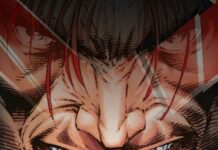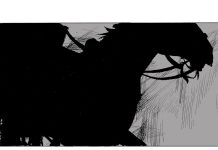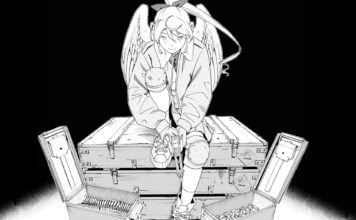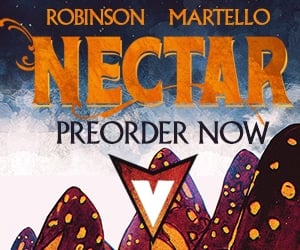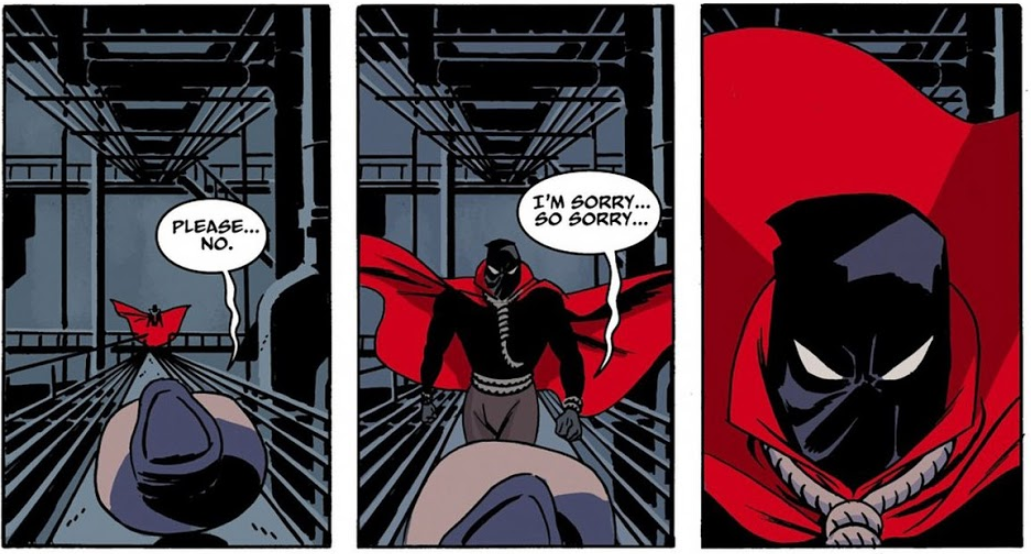
NOTE: Spoilers for the episode follow below.
For those paying close attention, the title of the episode gives the game away. It’s the descriptor Hollis Mason gives Hooded Justice in the “Under The Hood” text piece in the very first issue of Watchmen and the inspiration he provided Mason in becoming Nite Owl. And in turn, tonight’s episode revealed that Will and Hooded Justice were one and the same, as predicted weeks back by a few intrepid pals of mine.

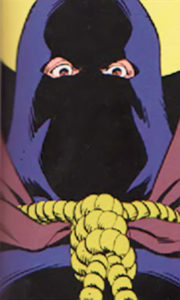
The Will Reeves of this era (played by another Lindelof alum Jovan Adepo) is a New York City police officer inducted into a system that is completely overrun by racism. At his induction ceremony a black superior officer tells Will to “Beware the Cyclops,” referring specifically to the underground den of racists that have invaded the NYPD. After Will tries to find out why an anti-semitic arsonist (Glenn Fleshler) he caught in the act of burning down a store was let go by his colleagues, he’s attacked and then lynched by his fellow police officers. After briefly hanging him from a tree in the outskirts of town, he’s let go, with only a cut noose remaining around his neck and a black hood in hand. His resulting anger births Hooded Justice.
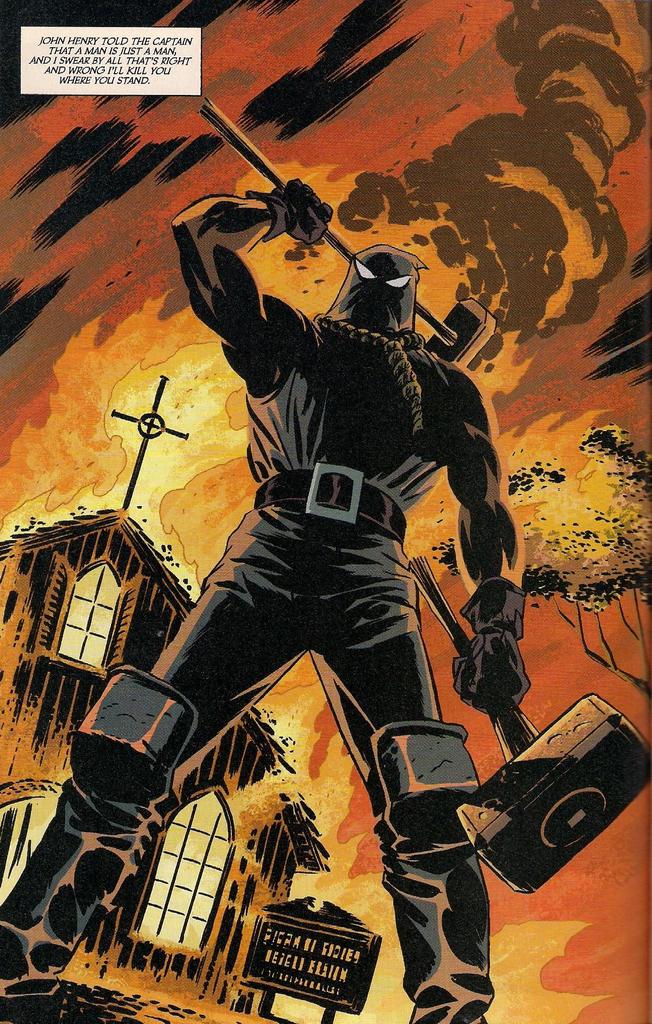
That John Henry holds visual similarities to Hooded Justice as he appears in Moore and Gibbons’ comic is really just coincidence, as Cooke’s on the record statement on the matter was:
“The New Frontier’ had to be part of that era (the late ’50s and early ’60s), and an important part of that era was the civil rights movement, and, let’s just say it: in the 50s, DC was a very white company. I needed to deal with that aspect of society, and I kept coming back to Steel,” even though the character didn’t make his debut until the 1990s. “John Henry wasn’t part of the DC Universe in that era (the 50s), but I kept going back to the folk tales and songs wondering about, “well, what if this was in inspiration to someone and there was an interim character between that John Henry and John Henry Irons?” (The Steel of the 90s.) “When I started thinking about it – and the KKK – I knew the whole story: that they’d tried to hang him and he didn’t die; so he wore the black mask.
But it’s hard to shake the potential inspiration that Cooke may have had on Lindelof and Jefferson. Particularly when you consider that, again, Cooke had his own take on what happened to Hooded Justice in the Before Watchmen miniseries Minutemen. There, Cooke does not reveal who the masked hero actually was, but he also rules out Müller, who is revealed to be a pedophile and child murderer that the Comedian strangles to death. But thanks to Hollis Mason being under the impression that Hooded Justice was guilty of those crimes, he ends up killing his idol and covers up the act.
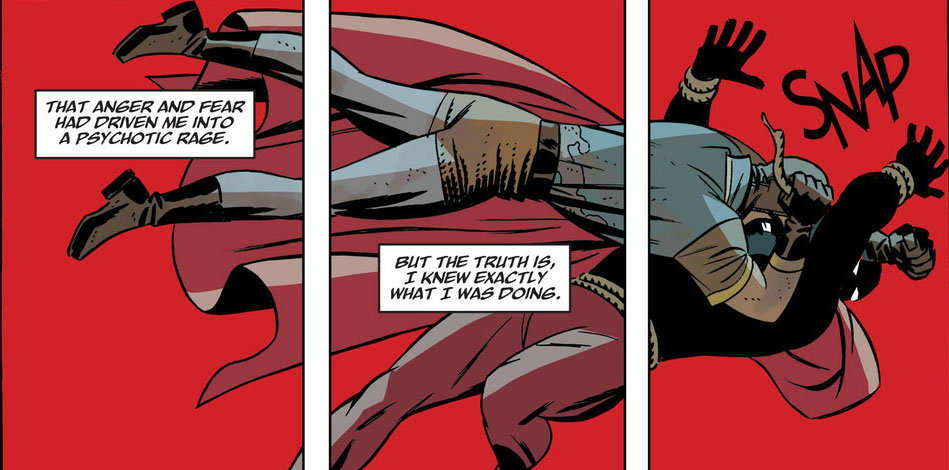
As it stands, it’s another possible answer to one of the ongoing enigmas within a masterpiece of the comics form and potentially a tribute to one of our greatest and much-missed cartoonists.



